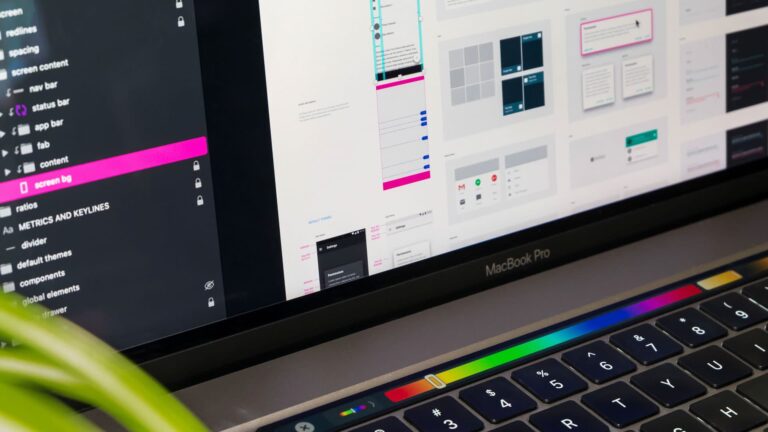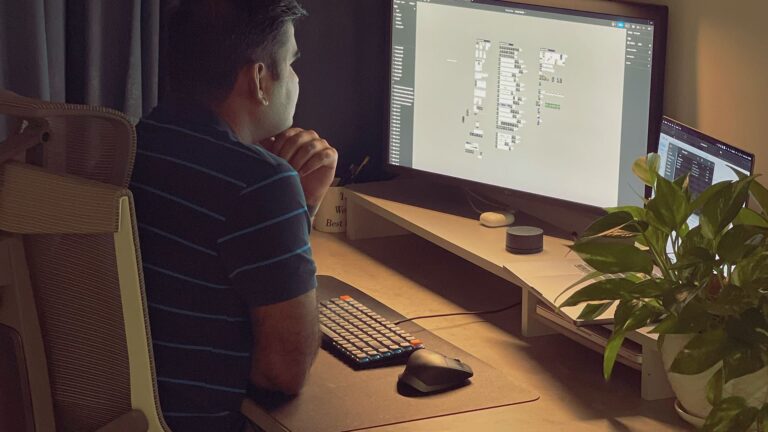Have you ever spent weeks agonizing over a design, only to have your client shrug? What if I told you the key to client satisfaction isn’t about pixel-perfect presentations but about genuine connection?
Why traditional design approaches are killing your client relationships
Imagine walking into a restaurant and the chef refuses to show you anything until the meal is absolutely perfect.
Sounds ridiculous right?
Yet many designers do exactly this with their clients.
The truth is clients don’t want a polished masterpiece dropped from on high. They want to be part of the journey.
They want to understand your thinking. They want to feel heard.
1. Embrace the rough draft revolution
Early drafts aren’t mistakes. They’re conversations.
Pixar doesn’t start with completed animations. They create “story reels” – rough sketches that map out the entire narrative. These initial drafts help teams collaborate and refine ideas together.
Share screenshots of your initial sketches. Use annotations to explain your thought process. This transparency transforms clients from passive observers to active collaborators.
But what if clients judge my rough work? – You might think
Frame rough drafts as “exploration stages” where you’re discovering possibilities together.
2. Perfection is the enemy of progress
“Perfect is the enemy of good” – Voltaire knew what he was talking about.
A study by the Design Management Institute found that design-driven companies outperform competitors by 219% – and they’re not achieving this through endless polishing.
Practical Steps:
- Set clear timelines for design iterations
- Limit refinement rounds
- Focus on solving the core communication challenge
3. Simplicity speaks louder than complexity
Apple didn’t become a design icon by creating complicated interfaces. They did it by making complex technology feel intuitive.
- Remove unnecessary elements
- Use white space strategically
- Ensure your design communicates its core message instantly
4. Collaboration is the ultimate trust builder
Think of design as a collaborative dance. Not a solo performance.
Spotify regularly involves users in design decisions. Their design team hosts user testing sessions where they watch how people interact with their interfaces in real-time.
Engagement Strategies:
- Share your screen during design meetings
- Ask clarifying questions
- Demonstrate how your design solves their specific problem
Your next nove
Ready to transform your design relationships? Start today. Share your rough drafts. Invite collaboration. Focus on clarity over perfection.








